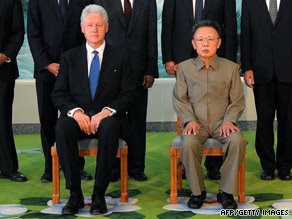Changchun, China -- The number of mobile phone users within Pyongyang has been increasing rapidly since the service was launched last December, with affluent citizens and even some students using them.
A source from Pyongyang said in an interview with Daily NK on the 17th, “Demand for mobile phones has been increasing. Almost 30 percent of Pyongyang citizens seem to be using them. Only cadres in the Central Committee of the Party and foreigners cannot.”
…
People may only use phones in their own name, and any impropriety is investigated by the National Security Agency. Additionally, one cannot use two phones simultaneously.
“The authorities seem to be listening in to the mobile phones as well,” the source said. “There was a case last month where a trader dealing with antiques using his mobile phone was uncovered by the NSA,” the source said.
…
The price of a mobile phone is around 120 dollars, but just 90 dollars when bought by a group. The charge for a phone is fixed at 3,000 North Korean won a month for eight hours of talk time. If that time is exceeded, 15 Euros is levied in extra charges.
“The usage of mobile phones is only currently for Pyongyang citizens, and although they can call Sariwon in North Hwanghae Province the call quality is not so good. Therefore, people use them only within Pyongyang.”
Full story here.




